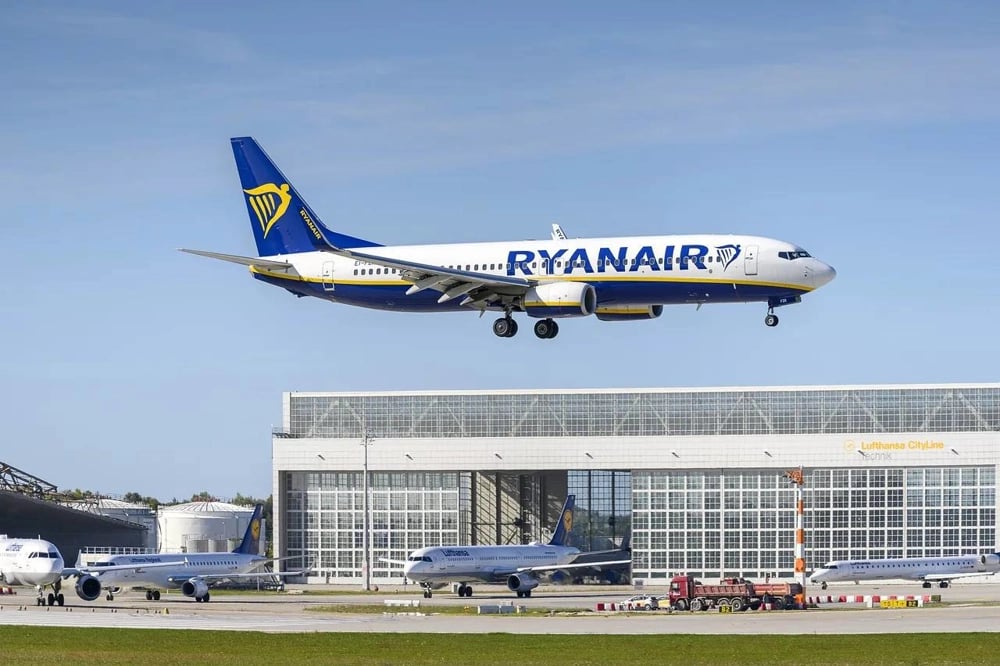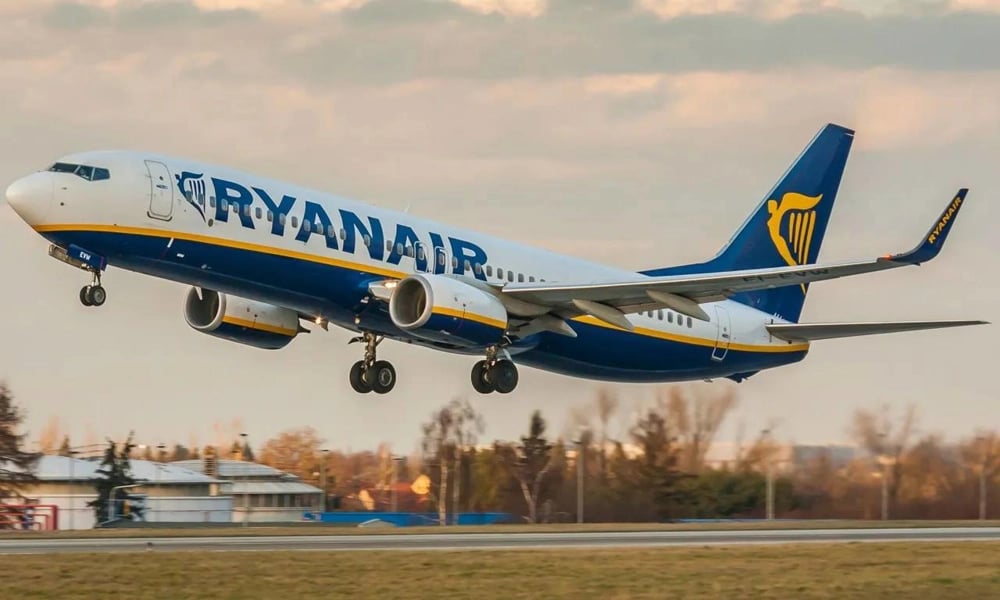Ryanair Imposes £500 Fine to Curb Passenger Misconduct
Ryanair $RYAAY has introduced a £500 fine for any passenger removed from a flight due to disruptive behavior. The airline stated the measure is intended to reduce cabin disturbances and protect operational integrity. The penalty targets individuals whose actions jeopardize safety or delay flights. According to the airline, the initiative reinforces a zero-tolerance stance toward onboard misconduct, prioritizing passenger and crew welfare.
Scope and Enforcement
The fine applies in cases of removal due to aggression, intoxication, refusal to follow instructions, or endangerment of safety. The company emphasized that even isolated misconduct can affect hundreds of passengers, disrupting schedules and increasing risk exposure. By enforcing financial accountability at the incident level, Ryanair aims to deter behavior that previously resulted in warnings or legal referrals.

Regulatory Pressure and Alcohol Concerns
CEO Michael O’Leary previously criticized unrestricted alcohol sales in airports, linking them to rising mid-air incidents. He called for tighter airport controls to reduce intoxication-related disruptions. Although some EU airports have introduced alcohol limits, inconsistency in enforcement has limited impact. Ryanair’s unilateral action reflects growing frustration within the industry over regulatory gaps in passenger behavior management.
Strategic Risk Mitigation
The immediate penalty mechanism allows Ryanair to reduce the legal burden of post-incident claims while deterring repeat offenses. Financial consequences also support the airline’s efforts to lower incident rates and improve its risk profile, potentially impacting insurance terms. As passenger volumes continue to rise, the industry faces mounting pressure to control in-flight disturbances. Ryanair’s approach may influence competitors to adopt similar fines or real-time sanctions.

Actions That Trigger the Fine
Ryanair outlined clear criteria for imposing the penalty:
Intoxication impairing behavior or safety;
Verbal or physical aggression toward staff or passengers;
Tampering with cabin equipment;
Refusal to comply with crew directives;
Causing or escalating disturbances onboard.
The company stressed uniform application of the policy across its entire network.















Comments